Could Mercury’s close orbit to the sun help the planet generate ice? This sounds like a paradox, but a new study shows how it could happen.


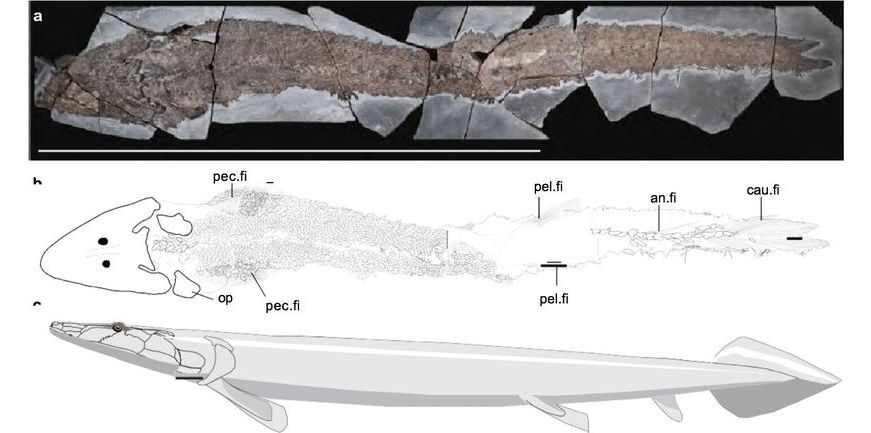
An ancient Elpistostege fish fossil found in Miguasha, Canada has revealed new insights into how the human hand evolved from fish fins.
An international team of palaeontologists from Flinders University in Australia and Universite du Quebec a Rimouski in Canada have revealed the fish specimen, as described in the journal Nature, has yielded the missing evolutionary link in the fish to tetrapod transition, as fish began to foray in habitats such as shallow water and land during the Late Devonian period millions of years ago.
This complete 1.57 metre long fish shows the complete arm (pectoral fin) skeleton for the first time in any elpistostegalian fish. Using high energy CT-scans, the skeleton of the pectoral fin revealed the presence of a humerus (arm), radius and ulna (forearm), rows of carpus (wrist) and phalanges organized in digits (fingers).
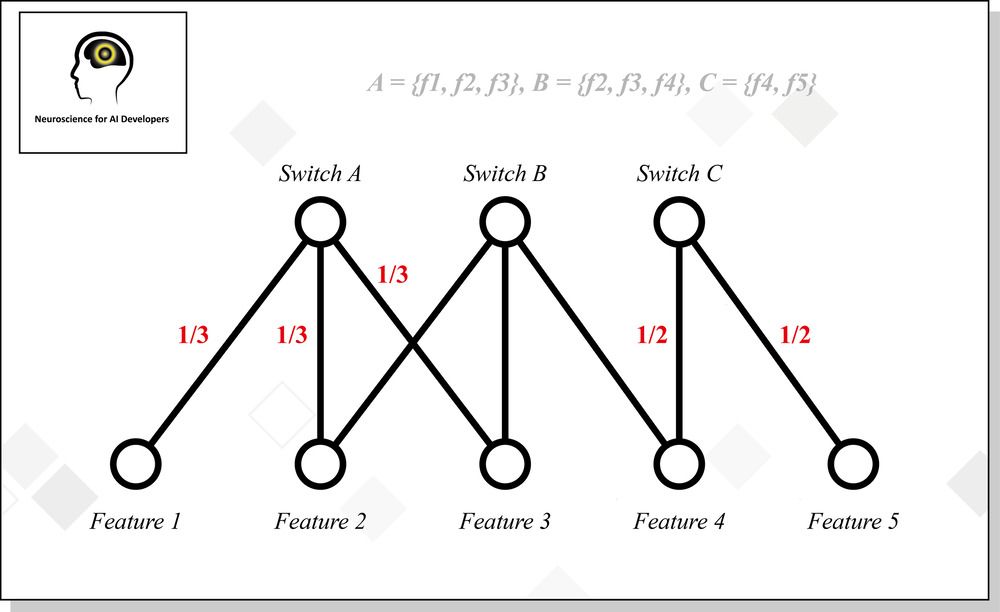
A theory of how #AI & #brain recognize things. https://bit.ly/2Qnq3RC “In this article, we proposed a hypothesis that we call Switch Hypothesis for explaining how an ANN as well as a real neural network carry out its functions…” #MachineLearning #DeepLearning #NeuralNetworks
Neuroscience and psychology today has advanced significantly. With the use of neuroimaging methods such as functional magnetic resonance imaging (fMRI) and electroencephalography (EEG), human beings have gradually revealed the secrets behind how our brains perceive, recognize and memorize things. However, if you’d like to have a detailed, neuronal-level elucidation on how brains realize its functions, you should be very disappointed because no one is currently capable of doing so. In other words, although our cerebrums are no longer a pitch-black box, it’s still at least a “gray” box, with a lot of enigmas yet to be explained.
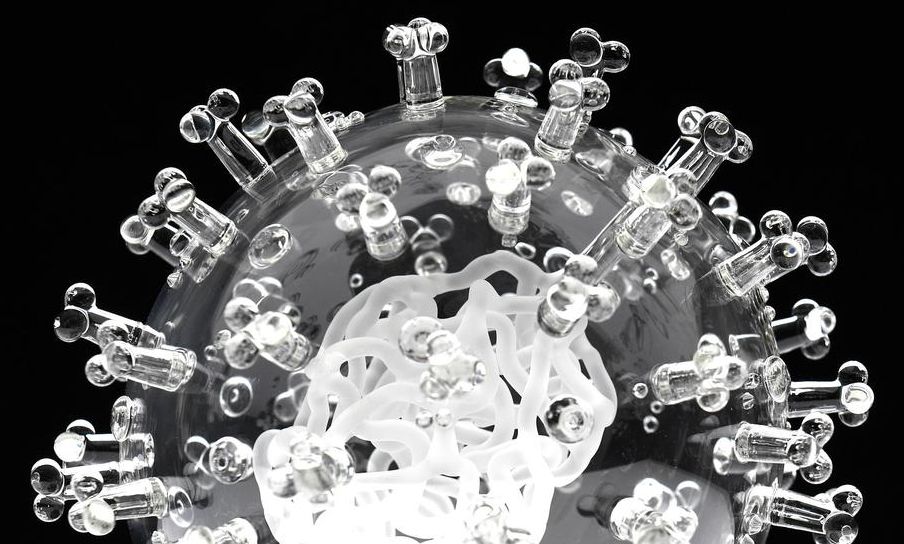
As the number of global coronavirus cases surpassed 200,000 as of Wednesday, a Japanese flu drug undergoing clinical trials in China as a possible treatment for coronavirus has effectively helped patients recover, Chinese officials told reporters. This is only one of many drugs that have shown promise.
A Chinese government official said patients who took Avigan tested negative for the virus in a shorter amount of time.
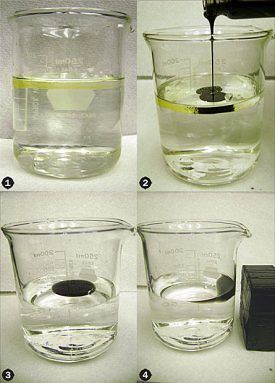
You’ve probably seen some of the cool things magnets can do. Place one near a paper clip, and the clip zooms across the table toward the magnet. Hold one magnet near another, and the second one mysteriously darts in the opposite direction. If you didn’t know about science, magnet tricks might seem like magic tricks.
Now, scientists have discovered another magnetic trick. By mixing unbelievably small magnets with oil, bigger magnets can be used to move the oily globs around. The trick isn’t just cool to watch. Some day, the technique could help clean up messy oil spills in the sea mistakenly dumped by ships.
Researchers at Carnegie Mellon University in Pittsburgh make teeny tiny magnets out of two metals: iron and cobalt. Unlike the palm-sized magnets you may have played with in school, these magnets are measured in nanometers. One nanometer equals one-billionth of a meter. That may be hard to picture, so think of this: A human hair is about 80,000 nanometers wide.(Read this story to learn more.)

I think these can be fought with current technology such as quantum radar even other higher level technology. It can also be hacked with quantum radar or neutrino beams.
Know colloquially as the “Black Holes” by the U.S. Navy, the Improved-Kilo-class of submarines are quite deadly — and could turn the balance of power in the South China Sea in China’s favor.
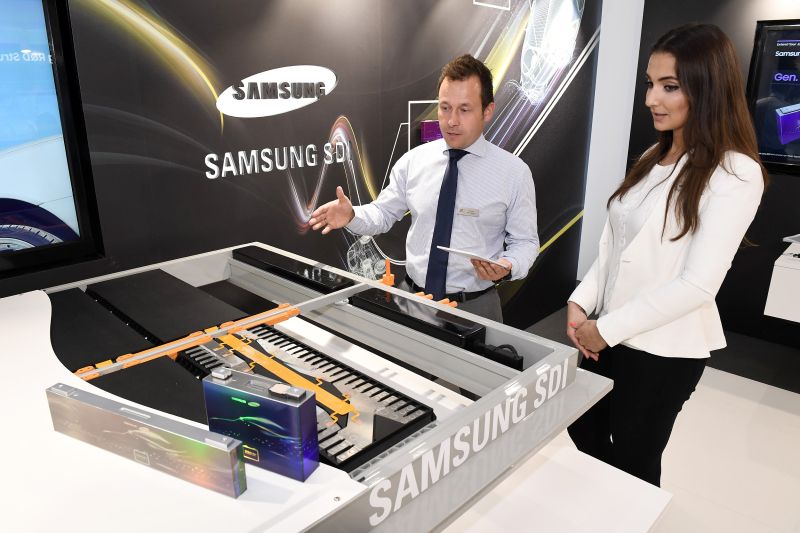

Clause density is something new to me but seems interesting as I know shores algorithm is the only thing that can hack systems.
Google is racing to develop quantum-enhanced processors that utilize quantum mechanical effects to one day dramatically increase the speed at which data can be processed.
In the near term, Google has devised new quantum-enhanced algorithms that operate in the presence of realistic noise. The so-called quantum approximate optimization algorithm, or QAOA for short, is the cornerstone of a modern drive towards noise-tolerant quantum-enhanced algorithm development.
The celebrated approach taken by Google in QAOA has sparked vast commercial interest and ignited a global research community to explore novel applications. Yet, little actually remains known about the ultimate performance limitations of Google’s QAOA algorithm.
I frankly think this of exotic species unknown but it has exotic movement.
With over 4,000 exoplanets found so far, it takes a particularly interesting one to stand out.
LHS 1815b literally does that. While most planet-bearing stars we find orbit the Milky Way in the plane of its disk, this planet’s host star’s orbit takes it well out of that plane, flying way up over the galaxy and way down below it over time, giving it a pretty interesting view of our galaxy.
First, the planet: It was found in TESS data, the Transiting Exoplanet Survey Satellite. This mission is surveying the entire sky, looking for planets around brighter stars. These tend to be closer to us, so TESS is finding planets that are in our neighborhood, galactically speaking.
The Infinity Stones have played a key role in some of the Marvel Universe’s most defining moments, and now they’ve returned in the hands of Marvel’s most popular new characters. The chase for the powerful Infinity Stones will play out in INFINITE DESTINIES, launching this summer!
In a series of eight annuals, each installment will pair Marvel’s biggest heroes like Captain America and Iron Man with some of Marvel’s newest heroes and villains including Star, Amulet, and more. These exciting new additions to the Marvel mythos may or may not possess one of the sought after stones — but the real question will be who will be holding them in the end, and what will it mean for the future of the Marvel Universe?
“We’ve had a wave of incredible new characters over the last few years, and INFINITE DESTINIES will shine a light on eight of them,” Editor Nick Lowe said. “We’ll discover new aspects of these heroes and villains in adventures with our the most archetypal Marvel heroes.”